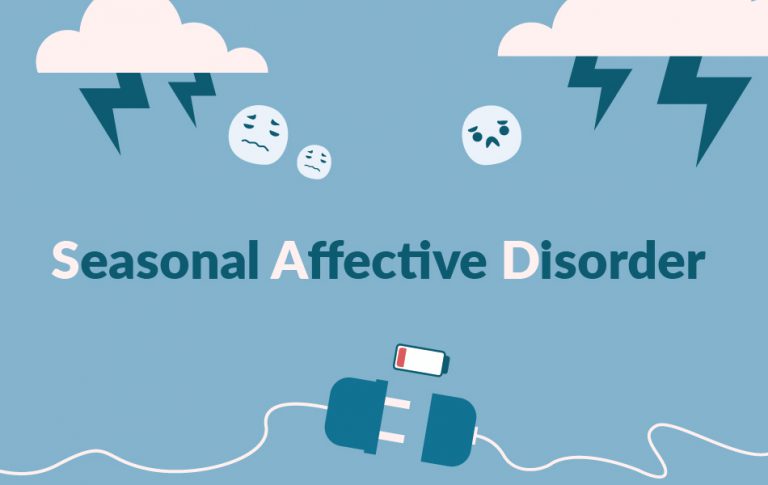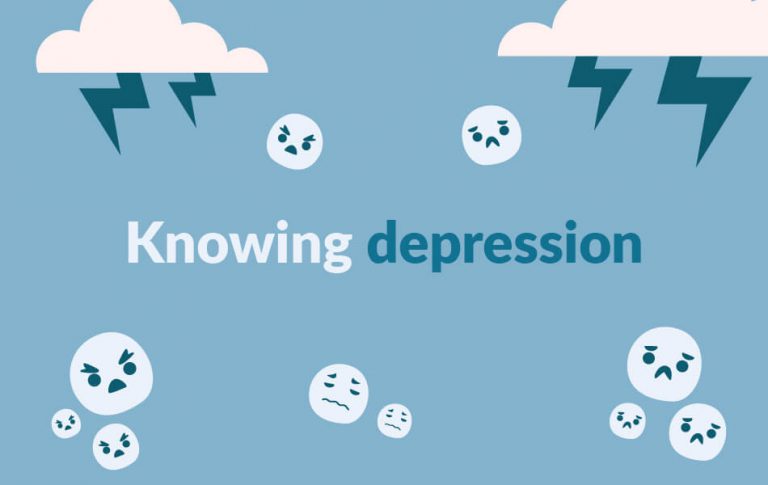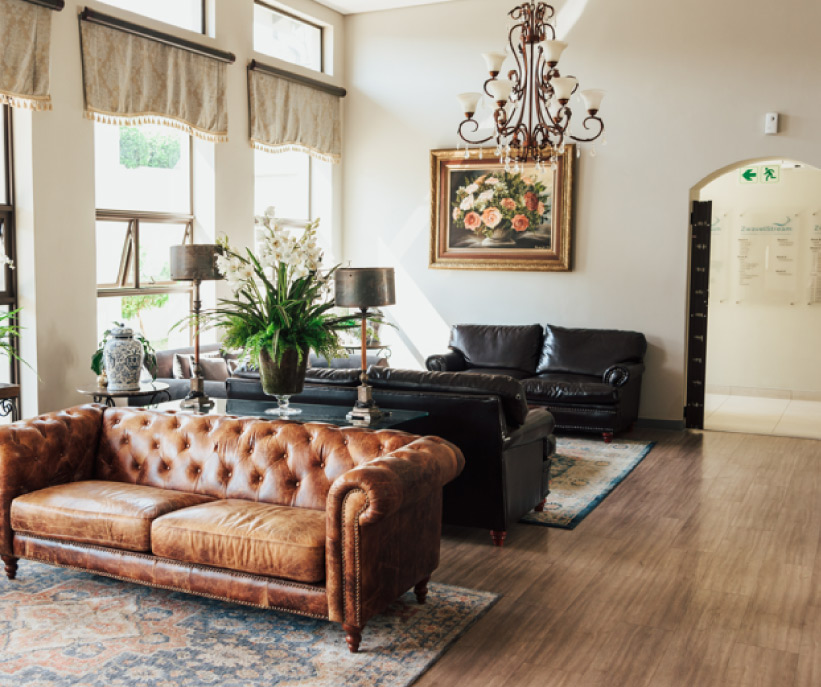Have you ever wondered how your daily habits could be affecting your mental health?
Marcus Aurelius stated, “You have the power over your mind – Not outside events. Realise this, and you will find strength.”
*Amanda (not her real name) struggles most nights to fall asleep. She wakes up several times a night and struggles to get in a full night’s rest. After months of disturbed sleep, she describes waking up as physically painful and emotionally draining. As time passes she finds every day to be an upward battle against fatigue.
Slowly but surely, Insomnia’s tentacles grab a hold of her everyday life, making it hard to function normally. Because insomnia is linked to mental health, she finds it hard to concentrate throughout the day, to the point where she feels insomnia is controlling her life.
If 7% of the population struggles with sleeping disorders on a nightly basis, it is evident that there is a problem lurking on the horizon. Very few people are aware that they have a sleeping disorder and is able to receive the help needed to combat sleeping disorders. In this month’s blog post, we discuss sleeping disorders and we highlight how you can find help if you start noticing symptoms appear.
What kind of sleeping disorders are there?
It is common for people to think that insomnia is the only sleeping disorder. There are more to these disorders that meet the eye. Other sleeping disorders include, restless legs syndrome, narcolepsy and sleep apnoea. All of which could negatively impact a person’s mental health as well as relationships, work, and friendships. Insufficient sleep may leave you feeling anxious, depressed, and extremely tired. Those with pre-existing mental health disorders are also at risk of worsening the symptoms.
Insomnia
This is a sleeping disorder classified by a person’s inability to fall asleep, stay asleep or when a person frequently wakes up before they should, cutting the REM cycle short. Typically, a person with insomnia will go to bed tired, and wake up tired. At some point during an adult’s life they experience acute insomnia that could last anywhere from a day to a few weeks.
Restless legs syndrome
This is a condition characterised as an irresistible urge to move one’s legs, typically just before you fall asleep. It occurs when laying or sitting down and generally disrupts a person’s sleeping patterns. RLS runs is hereditary, although some medical conditions are also associated with restless legs syndrome. Research has also found that RLS can stem from medication such as antidepressants or anti-nausea medication. Furthermore, caffeine, nicotine or alcohol can also be a cause or even make your symptoms worse.
Narcolepsy
This chronic neurological condition is characterised by intense daytime drowsiness and sudden attacks of sleep where the person falls asleep under irregular circumstances. People with narcolepsy often struggle to stay awake due to the disturbance in their sleep cycle and can cause serious disruption to a person’s daily life. Some patients with narcolepsy experience a loss of muscle tone, leaving them temporarily paralysed and asleep.
Sleep apnoea
This condition is a potentially serious disorder where the person with sleep apnoea stops breathing for a while they sleep. People who snore at night often wake up feeling more tired than they were before going to bed. It should be noted that there are several types of sleep apnoea but the most common one is obstructive sleep apnoea. This can often be treated by making lifestyle changes or by using a breathing device during sleeping cycles.
Parasomnias
This sleeping disorder involves a person making abnormal movements or displaying strange behaviours during sleep. It can include activities such as sleep walking, sleep eating or talking. Vivid nightmares or even teeth grinding can also be part of parasomnias symptoms.

What are the causes of sleeping disorders?
Although the causes of sleep disorders might differ, sleep disorders usually result in the disruption or exaggeration of the body’s natural cycle of sleep and wakefulness during the day.
5 factors of sleeping disorder causes include:
Your environment
Drinking alcohol regularly can affect your REM cycle, leaving you tired and irritable.
Medication
Some medication can make it hard for the individual to get in a quality night’s sleep.
Genetics
Narcolepsy is genetic so if you know it runs in your family, it is best to raise this with your medical practitioner.
Aging
Sleeping disorders become more common as people age. According to Cleveland Clinic, one-half of adults over 65 have a sleeping disorder. Researchers don’t know why, but they speculate that it is linked to medicine older adults commonly take.
Psychiatric
Other mental health disorders such as anxiety or depression could be a cause for the lack of quality sleep.
What are the symptoms of sleeping disorders?
A sleeping disorder may be present if you experience one or more of the following symptoms below. However, it is always best to visit your physician to tell them about the symptoms you have been experiencing. These symptoms might include but is not limited to the list of symptoms below:
These symptoms might include but is not limited to the list of symptoms below:
- Do get very tired while driving or even sometimes fall asleep for a few split seconds?
- Do you struggle to stay awake when you are not busy with a physical activity?
- Do you have difficulty paying attention at work, school or at home?
- Are other people always commenting that you look tired or sleepy?
- Do you have any difficulty with your memory?
- Do you find yourself taking more naps during the day than normal?
- Are your responses slow?
How does the diagnoses work?
When you visit your healthcare provider and tell them about the symptoms you have been experiencing they might perform a physical exam to help you identify the difficulties you are having with your sleep.
If you keep a sleep diary for a few weeks, it may prove very beneficial to your healthcare provider. As we mentioned earlier, a sleeping disorder can be the result of other illnesses or conditions, so your doctor might order some tests.
In addition, doctors can prescribe a PSG test, which stands for polysomnogram. This test basically records and transmits your movements during the night. The data collected is analysed by a specific health care provider to determine whether or not you have a sleeping disorder.

6 tips to get better sleep
We might not be able to control outside factors that interfere with our sleep, but we are able to adapt healthy habits that promotes a healthier sleeping cycle. Here’s 6 tips that hopefully helps you get in quality sleep when you go to bed.
1. Create a sleeping schedule
How many hours of sleep do you get in every night? The average adult needs at least 7 hours or more. Try going to bed and waking up at the same time consistently during the week. On weekends don’t extend your schedule by more than an hour, so if you decide to sleep in for instance, extend your alarm by no more than an hour. Too much sleep can also be dangerous to your health. Being consistent with your sleeping hours, strengthens your sleep-wake-cycle.
2. Cut down on food and drink consumption before bed
If you go to bed with a full stomach, you might struggle to fall asleep. Your body still has to process the food making it difficult to fall asleep. As mentioned earlier, nicotine, caffeine or alcohol can also influence the quality of sleep you get each night. Alcohol and caffeine greatly reduces time spent in the REM cycle whilst asleep, which is when most dreams occur.
3. Create a peaceful sleeping environment
A cool, dark and quiet place is the ideal sleeping conditions. Exposure to sound or light can also make it incredibly hard for your brain to switch off and fall asleep. Engaging in calm activities such as a relaxing bath or shower before you head off to bed can also be advantageous and it promotes better sleep.
4. Limit your day time naps
During the week this shouldn’t be a problem, but on weekends there’s nothing more tempting than an afternoon nap. Napping to long can affect your sleep-wake-cycle making it difficult to fall asleep. If you do decide to take a nap, we recommend not extending the nap for more than 30-minutes. We also recommend not taking a nap late in the day.
5. Physical activities help
Regular exercise promotes healthy sleeping cycles. However, avoid being too active before bed. Spending time outside, taking a walk or perhaps a jog will also help promote better sleep.
6. Manage feelings of anxiety or stress
Anxiety or stress can definitely keep you awake at night. Keeping a journal can help you address these triggers and help you proses your emotions. Another helpful tool is doing a relaxation meditation on Youtube. There are several channels with guided meditations that will aid in calming your racing mind.
Not getting enough rest is frustrating and so is constantly being tired. Adopting healthy sleeping habits can definitely promote better sleep. If you feel that the lack of sleep has caused a sleeping disorder and its taking a toll on your mental health, you can get in touch with ZwavelStream Clinic so that a medical professional can provide you with the care that you need to strengthen your mental health.
Our de-stigmatised clinic is surrounded by nature’s beauty, where you can focus on restoring your mental health in peace. We are situated in the Bronberg area of Pretoria, and our friendly staff is more than qualified to provide you with top-class mental health care. Get in touch with us should you feel like you need help from a medical professional.







